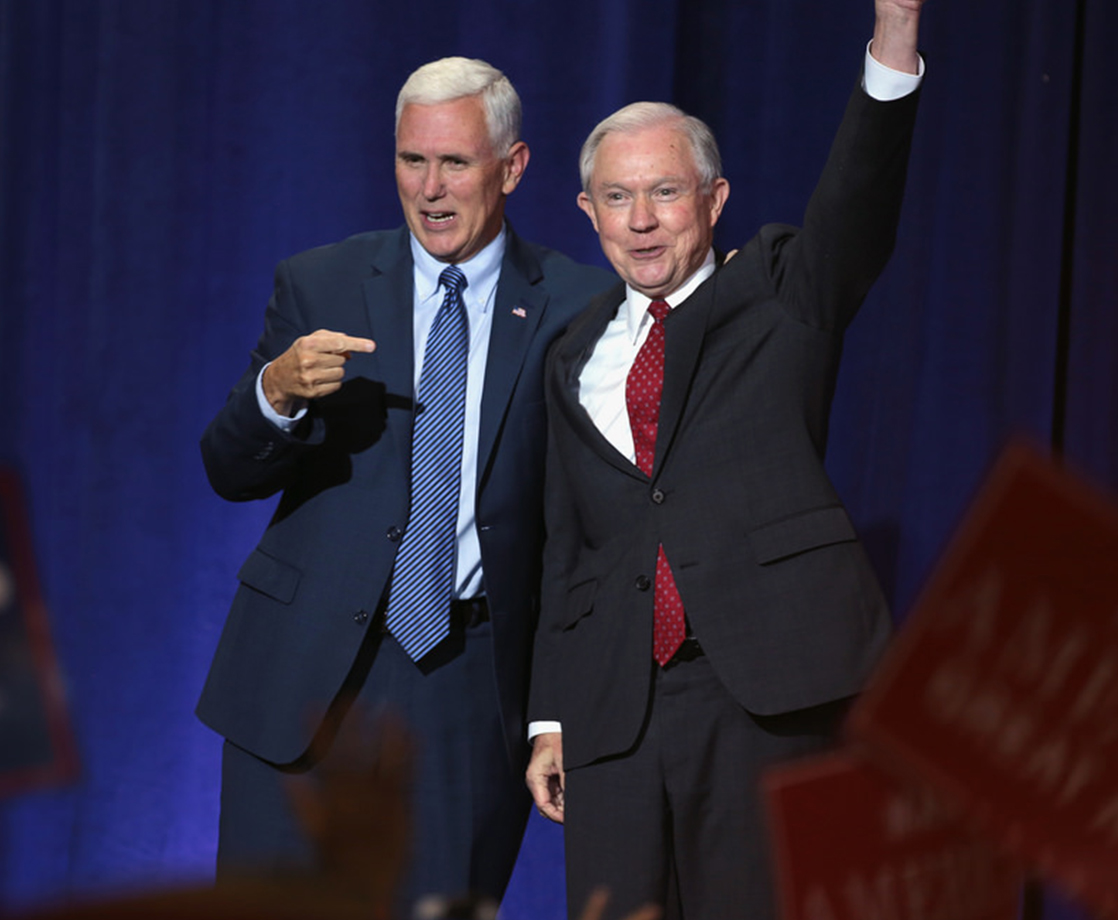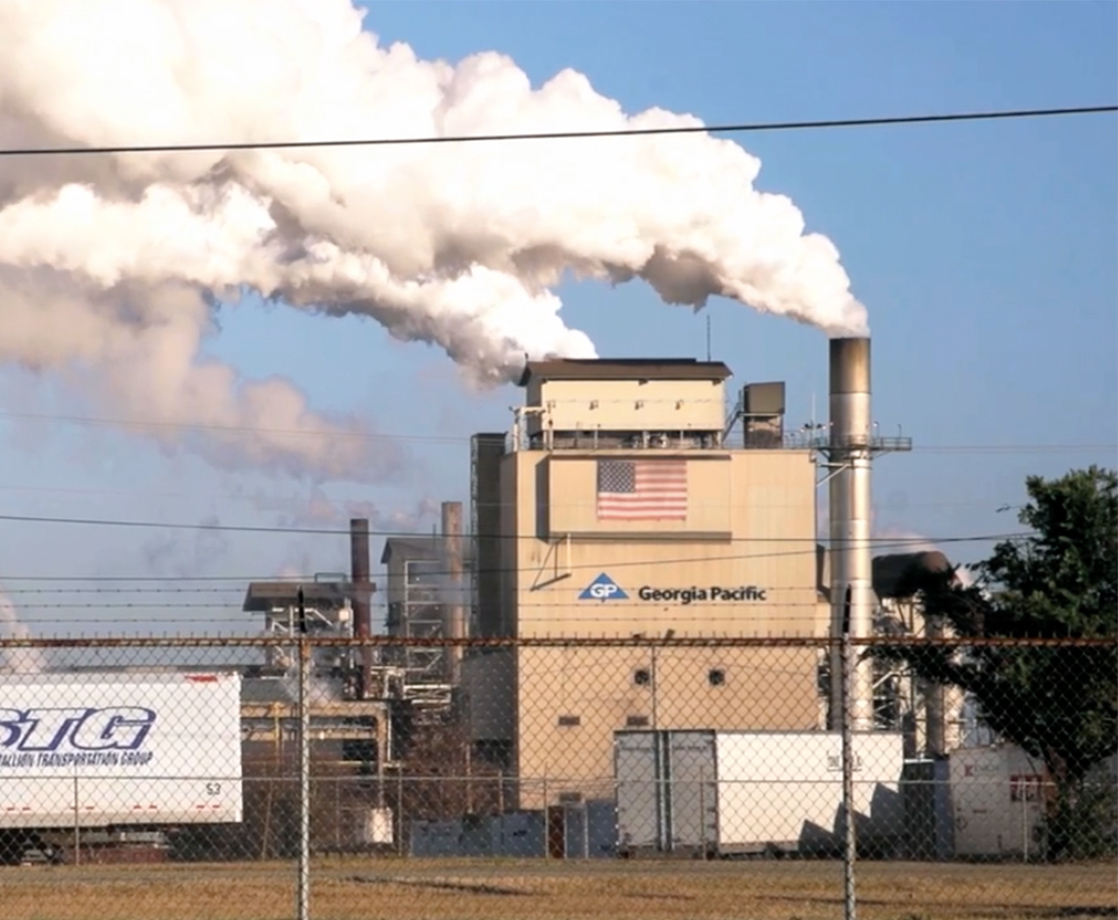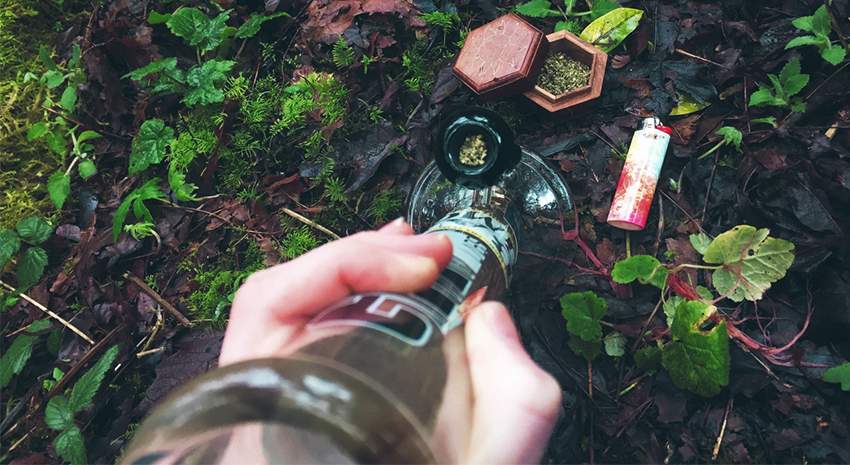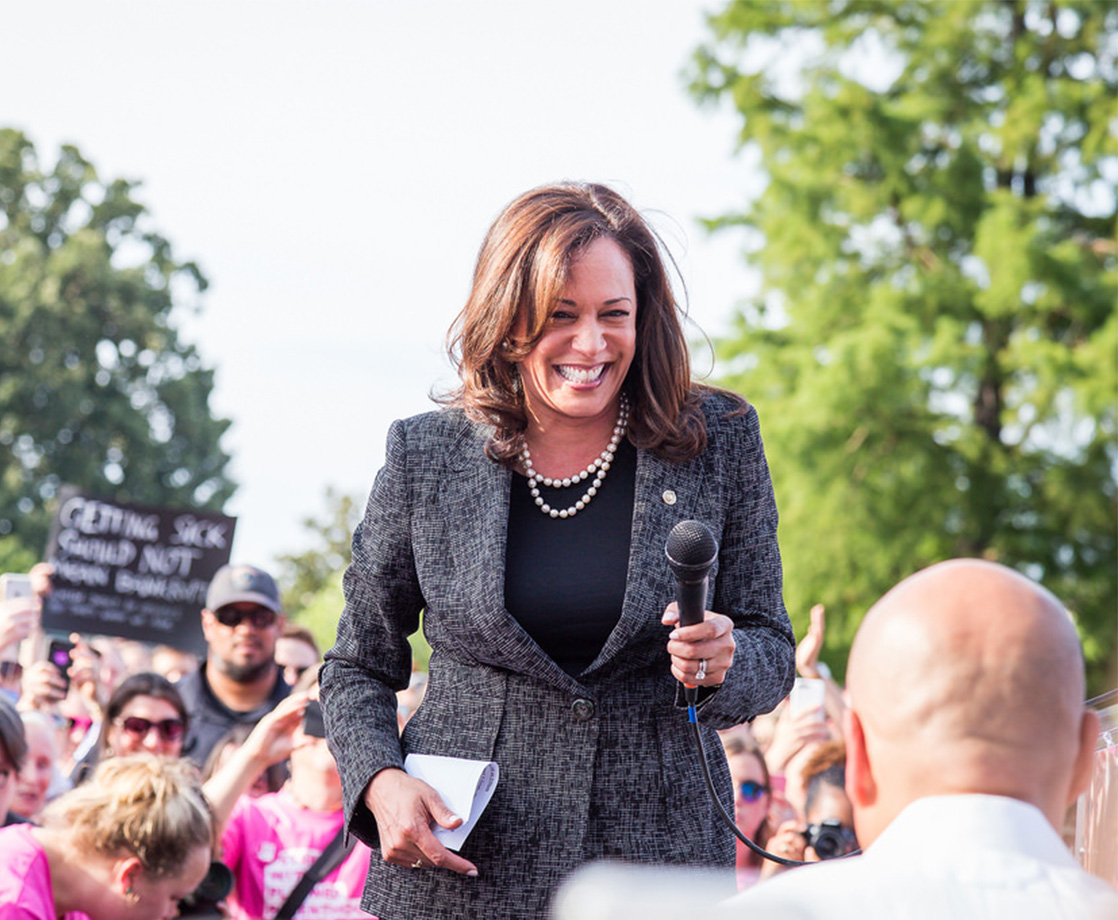Lead photo via
United States Attorney General Jeff Sessions is bringing his obsession with the War on Drugs to the dark corners of the web. In a press release made public Monday, Sessions announced the formation of the Joint Criminal Opioid Darknet Enforcement (J-CODE) team, with the explicit goal of snuffing out opioid sales on the internet.
While the media and public generally relaxed its interest in the deep web after federal authorities arrested Ross Ulbricht and shuttered the Silk Road marketplace, the dark net's clandestine chat rooms and retail portals are still very much up and running, hidden behind Tor browsers and onion routing.
"Criminals think that they are safe on the dark net, but they are in for a rude awakening," Attorney General Sessions said in Monday's press release. "We have already infiltrated their networks, and we are determined to bring them to justice. In the midst of the deadliest drug crisis in American history, the FBI and the Department of Justice are stepping up our investment in fighting opioid-related crimes. The J-CODE team will help us continue to shut down the online marketplaces that drug traffickers use and ultimately that will help us reduce addiction and overdoses across the nation."
As part of the J-CODE initiative, "dozens" of FBI agents — including Special Agents, Intelligence Analysts, and professional staff — will shift their focus to digging up online opioid sales.
Thankfully, Sessions made no mention of cannabis in his most recent proclamation, but a closer look at the DOJ's biggest dark net bust (cited in Monday's press release) illustrates that out of 250,000 listings for drugs on the now-defunct AlphaBay marketplace, only 122 vendors advertised fentanyl and 238 advertised heroin. In other words, the federal crackdown likely had little effect on the proliferation of opioid sales throughout the country.
And while the job of the Attorney General covers, quite literally, the entirety of America's criminal justice system, Sessions has actively focused on reviving the War on Drugs, despite years of data suggesting that his arrest-first ideals do nothing to actually stem the tide of opioid abuse and overdose deaths.
According to a scoop from reporter CJ Ciaramella, which cannabis activist Tom Angell covered in a subsequent article, Sessions again highlighted his support of the drug war during a DEA cadet graduation ceremony last Friday. While giving a speech, Sessions told the class of newly-minted federal narcotics agents that he would have their backs, even in the face of what he said was "an erosion of support."
"In recent years, there was an erosion of support for anti-drug law enforcement — in Congress, in state legislatures, and even among some of the general public," Sessions told the cadets. "One law enforcement professional told me that he felt disappointed that government officials didn't seem to understand the importance of his work. Resources were redirected. What has been the result? We saw drug purity and availability go up and drug prices go down. We saw addiction and death spread like never before."
Once again, Sessions abstained from mentioning cannabis. But with legal weed representing the most significant change in American drug policy over the past decade, it's hard to imagine that the man who has repeatedly compared marijuana to heroin was implying anything other than scorn for the movement to end cannabis prohibition.
It is not yet clear if any agents from the DEA will be joining the newly appointed FBI agents on the J-CODE team, or when the task force will begin their internet interdiction.
Follow Zach Harris on Twitter











